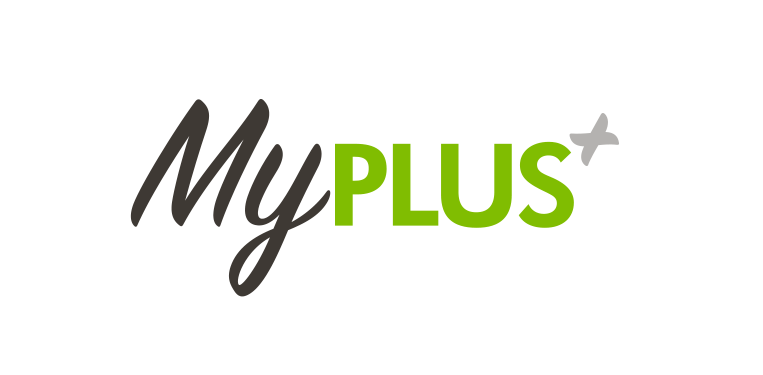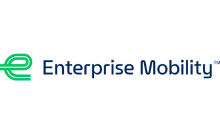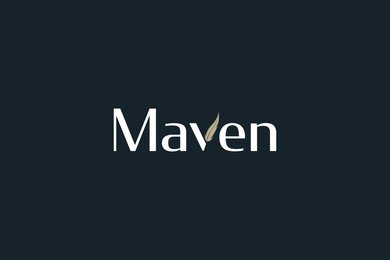Author - Lise Austen, Employers’ Club Manager, MyPlus
If you employ early career talent, it's likely that some of your employees joined your organisation with a neurodivergent profile. They may have informed you about this during the recruitment process prompting you to offer adjustments and support, or they may have chosen to do so after starting their role. Just as you made adjustments during recruitment to help them showcase their potential, it's equally important to continue offering support and fostering a workplace culture where they can thrive. This not only enables them to perform at their best but also allows them to contribute meaningful value to your organisation. Many of these individuals bring top-tier skills that are in high demand.
The facts surrounding neurodiversity and employment
15-20% of the population is neurodivergent
75% of neurodivergent individuals will hide or mask their difference in the workplace
80% of adults with autism are unemployed or under-employed
Only 25% of neurodivergent professionals feel truly included at work and 39% of neurodivergent professionals say they plan to leave their jobs (EY Neuroinclusion at Work Study)
These statistics, especially the high percentage of individuals who mask their neurodivergence, underscore the importance of creating a workplace environment where neurodivergent employees can thrive. Building a neuro-inclusive culture not only supports early talent but also benefits employees later in their careers who are increasingly being diagnosed and seeking understanding and support at work.
Understanding more about neurodiversity
Neurodiversity refers to the natural variation in how people think, learn, and process information. While everyone has their own unique strengths and challenges, for some individuals, the contrast between abilities and difficulties is more significant. This can be a source of exceptional talent, but it may also present challenges that require understanding and support.
Conditions such as autism, ADHD, dyslexia, and dyspraxia are among the most recognized forms of neurodivergence. Individuals with these differences often bring valuable qualities to the workplace, including innovative thinking, creative problem-solving, and a keen attention to detail, skills that can greatly benefit a business.
When supported by the right environment that leverages their strengths, rather than focusing on overcoming difficulties, their neurodiversity can drive greater innovation, boost productivity, and offer a meaningful competitive advantage.
Providing support to employees in the early stages of their career
To effectively support neurodivergent employees, it's important to understand the challenges they may encounter in your workplace and take practical steps to reduce barriers and foster a more inclusive environment. For those at the start of their career this may be their first experience navigating the workplace with a disability. They may be unsure about whether to inform you about their neurodivergence hence it's essential to create a supportive atmosphere that encourages openness and makes the process as straightforward and comfortable as possible.
Typical barriers and challenges neurodivergent individuals face
Uncertainty about what support or accommodations could be helpful
Limited access to relevant information
Lack of clear processes or guidance
Perceived stigma associated with seeking support
Responsibility often placed solely on the neurodivergent employee
How to enable neurodivergent employees to succeed
Eliminate obstacles that make it difficult to request support
Shift from reactive to proactive approaches in providing support
Reframe the conversation: ask “How do you work best?” instead of “What support do you need?”
Develop a flexible and transparent support process
Acknowledge that individuals may not always know what support they need or what will be most effective
Supporting neurodivergent employees, especially those early in their careers, requires a flexible, person-centred approach. By removing barriers, encouraging openness, and focusing on how individuals work best, employers can create an inclusive culture that fosters wellbeing, unlocks strengths, and drives innovation and business value.
MyPlus run an annual calendar of events for employers some of which are focused on neurodiversity and regularly run bespoke neurodiversity in-house training for individual employers. For further information email info@myplusconsulting.com.




































